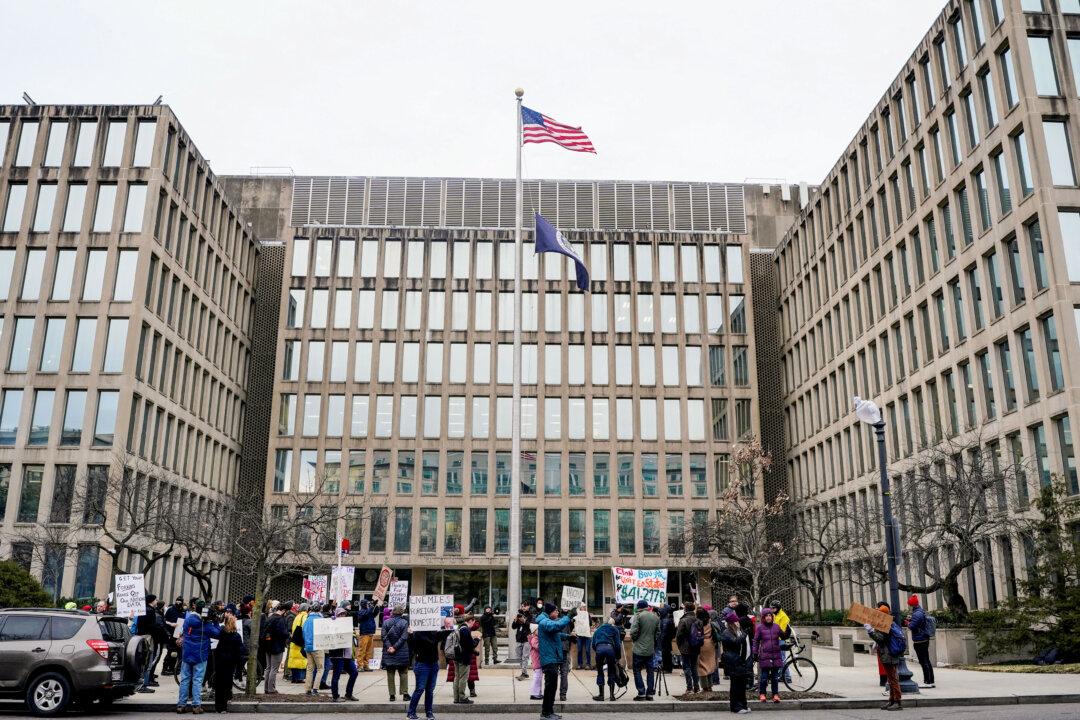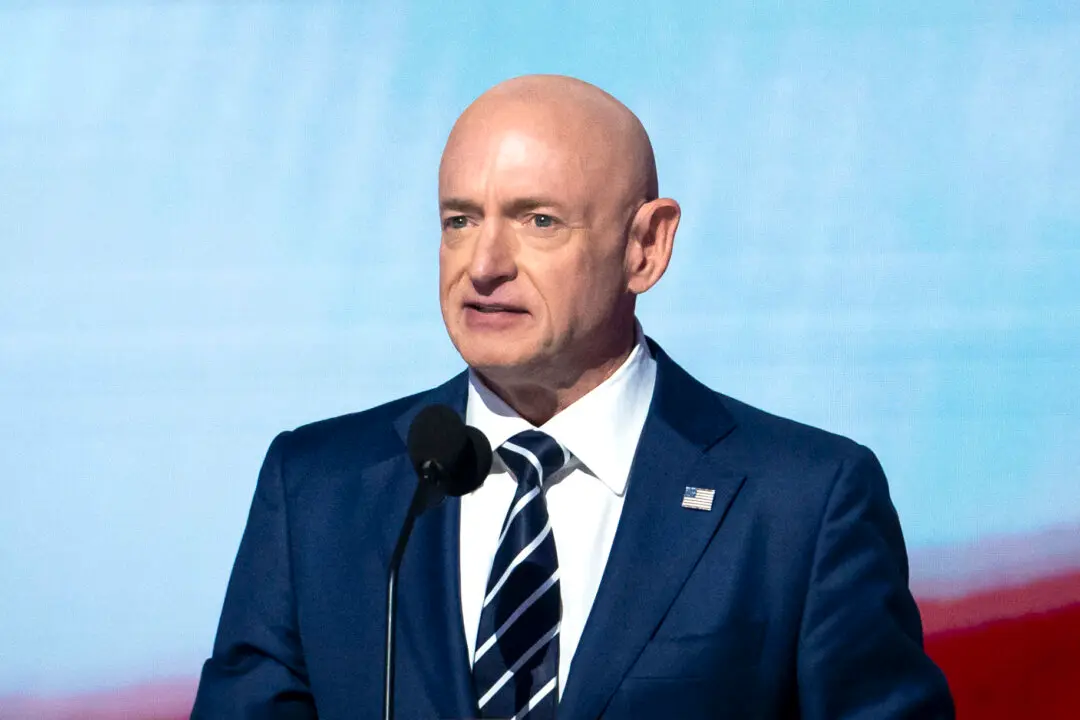Shortly after taking office, the Trump administration offered federal employees a deal many couldn’t refuse: resign voluntarily and receive full benefits and paid leave lasting until September.
More than 75,000 workers eventually accepted the Deferred Resignation Program, or buyout, which came as part of the administration’s broader efforts to shrink the size of the federal bureaucracy. Since the beginning of President Donald Trump’s second term, the government has laid off hundreds of thousands of federal employees and contractors.





